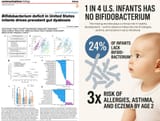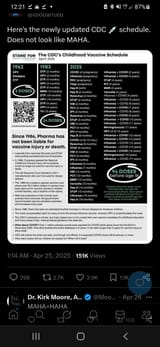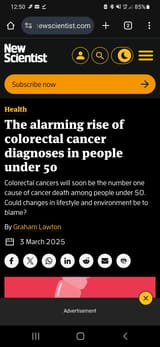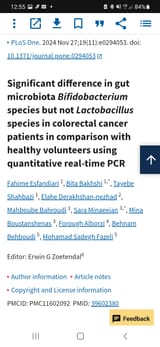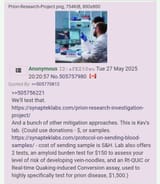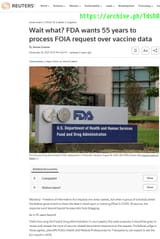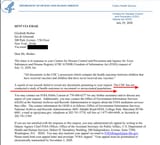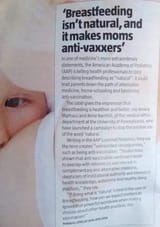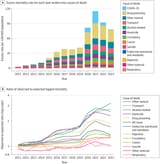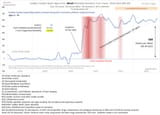Anonymous
ID: mh0fD12i
7/1/2025, 12:13:15 PM No.509204398
A new study just discovered that 1 in 4 US infants has no bifidobacterium. xD
92% of babies lacked B. infantis - the species that digests breast milk and imprints immune tolerance.
https://www.nature.com/articles/s42003-025-08274-7
Hazan et al found a persistent decline in Bifidobacterium abundance in all subjects 6–9 months following COVID-19 mRNA injection - with levels in each individual falling below 1% relative abundance.
https://journals.lww.com/ajg/fulltext/2022/10002/s2099_persistent_damage_to_the_gut_microbiome.2099.aspx
A permanent Bifidobacterium decline below 1% relative abundance may contribute to long term inflammatory bowel diseases (Crohn’s, ulcerative colitis), irritable bowel syndrome, colorectal cancer as well as other types of cancer, and type 2 diabetes. Dysbiosis can also exacerbate allergies, obesity and immune disorders due to impaired gut barrier function and reduced immune modulation.
30% infants suffering from dysbiosis were diagnosed with allergies, eczema, or asthma by age 2.
92% of babies lacked B. infantis - the species that digests breast milk and imprints immune tolerance.
https://www.nature.com/articles/s42003-025-08274-7
Hazan et al found a persistent decline in Bifidobacterium abundance in all subjects 6–9 months following COVID-19 mRNA injection - with levels in each individual falling below 1% relative abundance.
https://journals.lww.com/ajg/fulltext/2022/10002/s2099_persistent_damage_to_the_gut_microbiome.2099.aspx
A permanent Bifidobacterium decline below 1% relative abundance may contribute to long term inflammatory bowel diseases (Crohn’s, ulcerative colitis), irritable bowel syndrome, colorectal cancer as well as other types of cancer, and type 2 diabetes. Dysbiosis can also exacerbate allergies, obesity and immune disorders due to impaired gut barrier function and reduced immune modulation.
30% infants suffering from dysbiosis were diagnosed with allergies, eczema, or asthma by age 2.
Replies:
